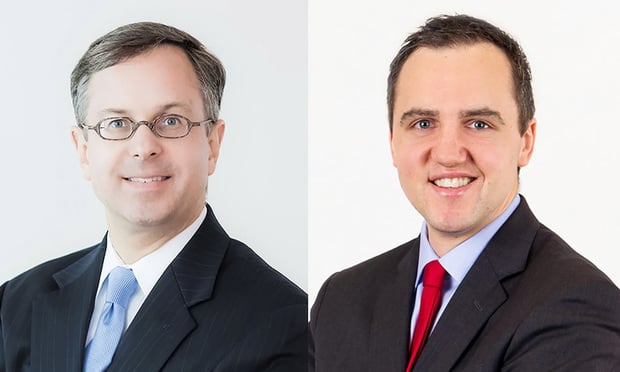 A plaintiff bringing a lawsuit will often want to file close to home, for various strategic and logistical reasons. The appeal of filing at home has perhaps never been stronger, as COVID-19 casts uncertainty on travel plans and litigation calendars well into the future.
A plaintiff bringing a lawsuit will often want to file close to home, for various strategic and logistical reasons. The appeal of filing at home has perhaps never been stronger, as COVID-19 casts uncertainty on travel plans and litigation calendars well into the future.
A recent decision by the U.S. Court of Appeals for the Fourth Circuit gives plaintiffs reasons to be cautious, however, before defaulting to filing in their home states. The court’s decision in Fidrych v. Marriott International, 952 F.3d 124 (4th Cir. 2020), demonstrates that personal jurisdiction imposes a very real restriction on where corporate defendants—even large multinational corporations—may be sued. It shows that plaintiffs must give careful consideration to personal jurisdiction before filing, and defendants should assess personal jurisdiction as soon as the litigation begins.









